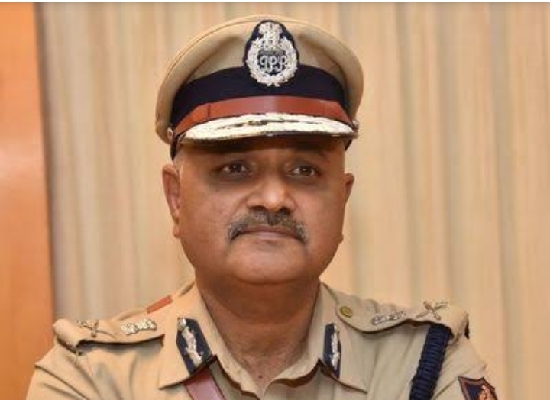Udupi, Aug 17: Pramod Madhwaraj, Minister of State for Fisheries, Youth Empowerment and Sports, on Wednesday launched the ‘Swachh Udupi Mission–Countdown Begins’ programme organised by the district administration and the zilla panchayat here
C. Srinivasan, Project Director, India Green Services, Vellore, Tamil Nadu, unveiled a plan for making Udupi a garbage-free district byOctober 2, 2018, here on Wednesday.
Speaking on the occasion Mr. Srinivasan said that the segregation of waste would be done in a 30 % + 30 % + 30 % + 10% model. This would be implemented in all the 158 gram panchayats (GPs) and all four Urban Local Bodies (ULBs) in the district.
Under the first 30 %, big educational institutions, places of worship and big organisations would have to segregate their waste into organic and inorganic waste and dispose it off on their own premises.
In the second 30 %, haircutting saloons, chicken stalls, small eateries would have to segregate their waste. They would have to form their own associations as it would help in segregating and disposing of the garbage either by themselves or handing it over to self-help groups (SHGs).
The third 30% would deal with households. Each household would be provided with two buckets — green for putting organic waste and red for putting inorganic waste. This would be collected twice a day by SHGs at a price of just Rs. 3 per day. The last 10 % would comprise public spaces such as gardens whose cleanliness would be maintained by the authorities, he said.
Later, speaking to presspersons, Deputy Commissioner Priyanka Mary Francis said that already three gram panchayats, Varambally, Gangolli and Nitte, had been chosen for implementation of pilot project of Swachh Udupi. In these villages, 250 houses each would be chosen for the pilot project. The pilot project will go on for three months.
Once this was successfully implemented, it would be implanted in the remaining 155 gram panchayats. So too, it would be taken up in two wards each in all the four ULBs for the first three months, then implemented thoughout the ULBs in the next three months.





Comments
Most of the hotels wont follow. Should have strict system to monitor the practical side
Hard to follow those things
If it comes practical and allowed for long term then it will be a great help to present and upcoming future
People wont follow after 2-3 months.. thats sure.
Garbage free for how many days... People will again start dumping things
Wow.. great initiative
Add new comment